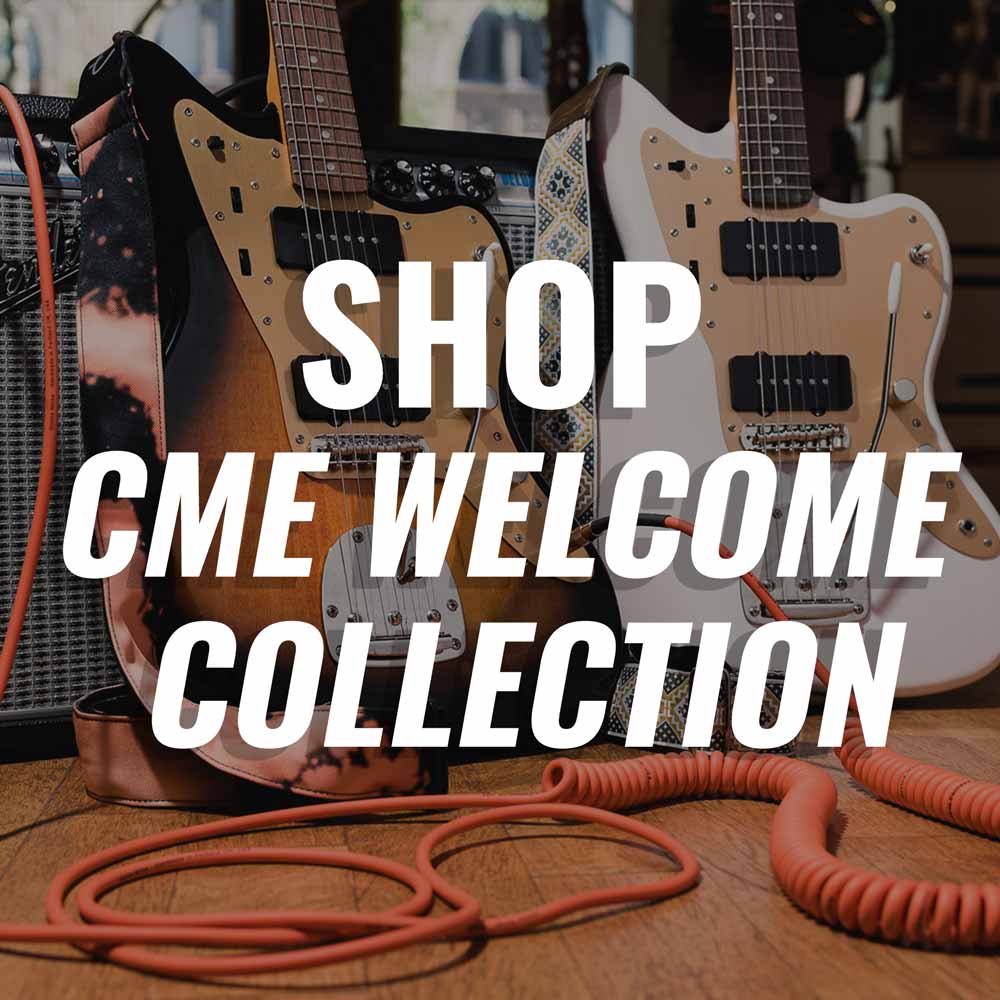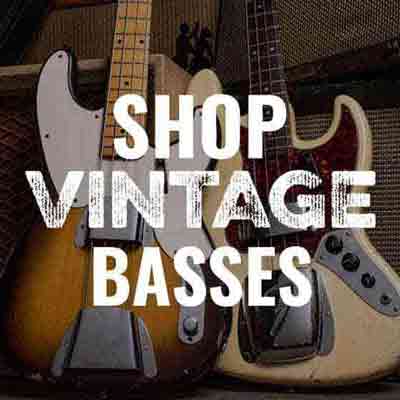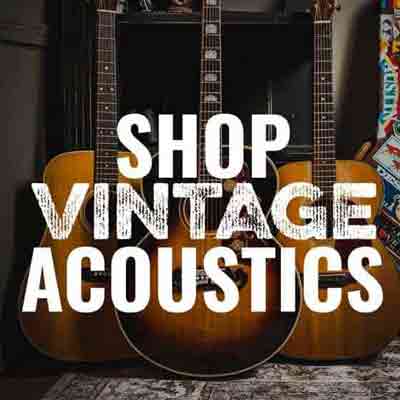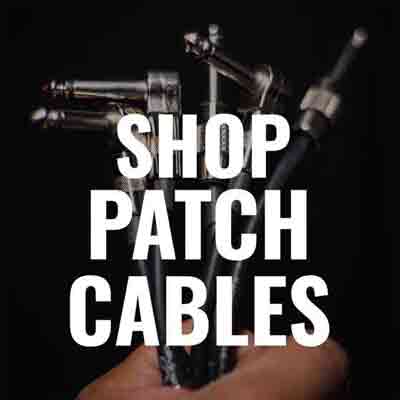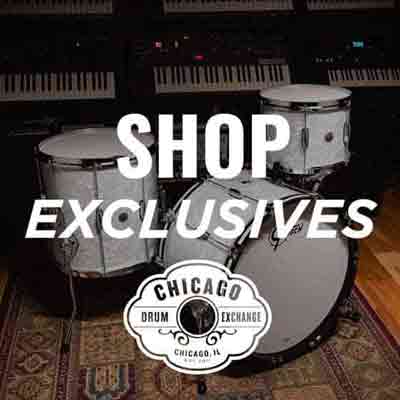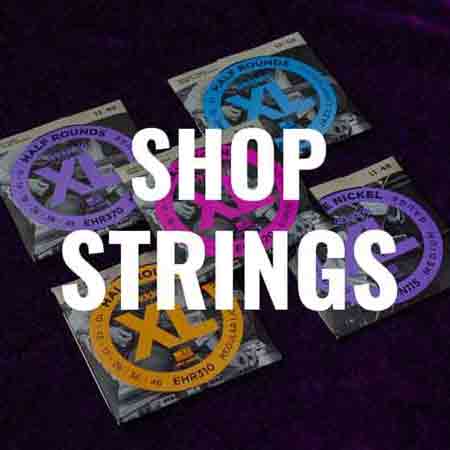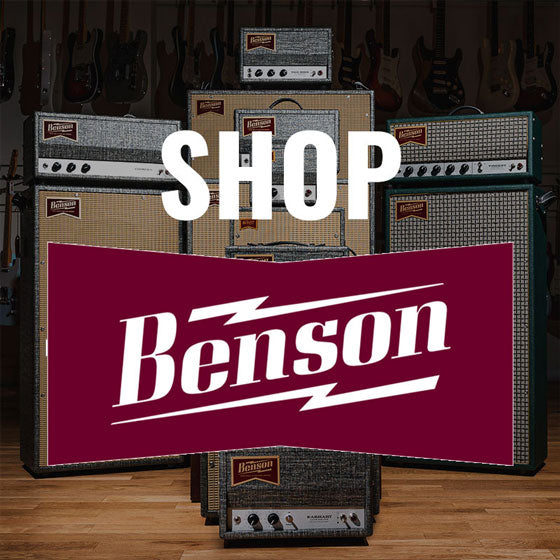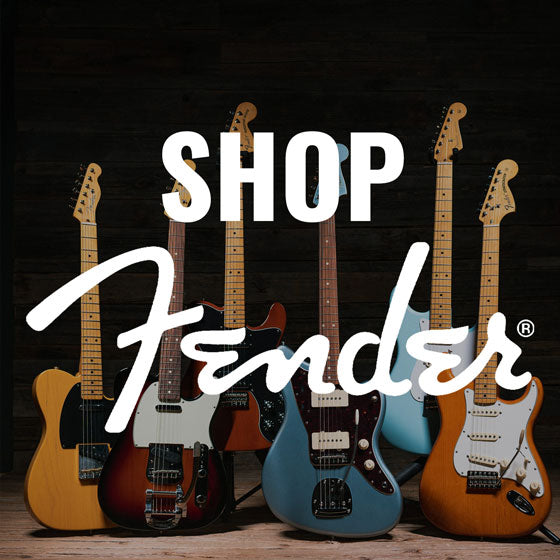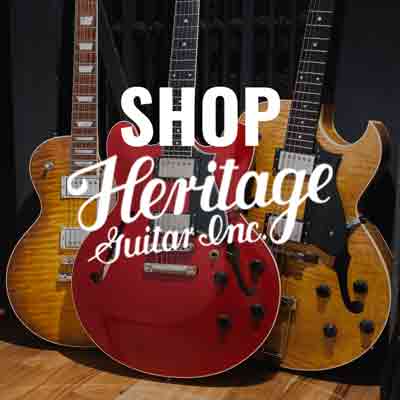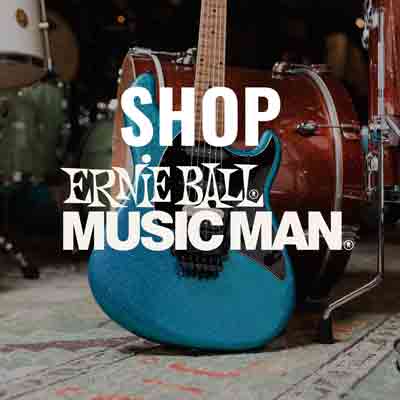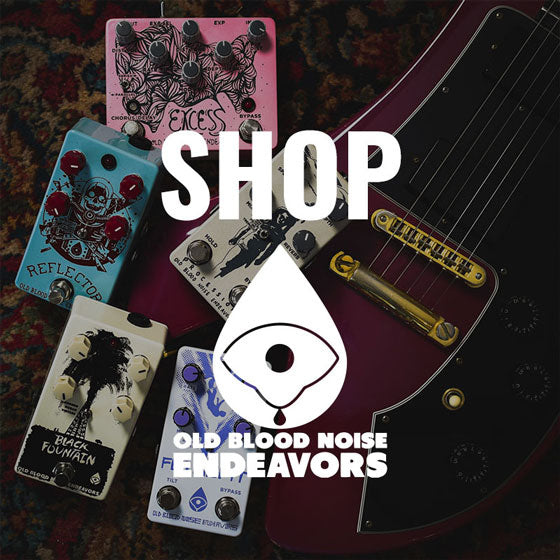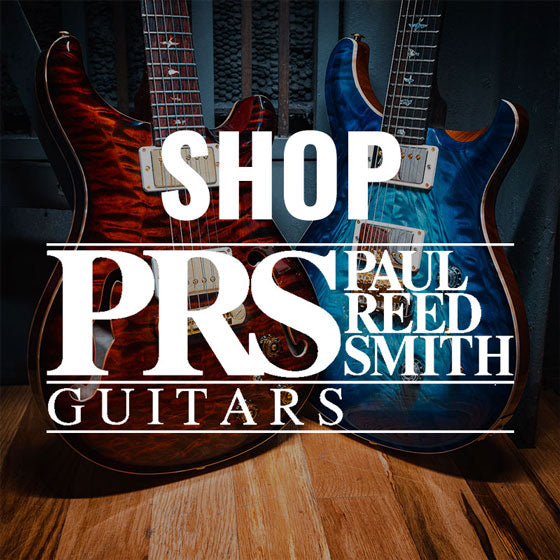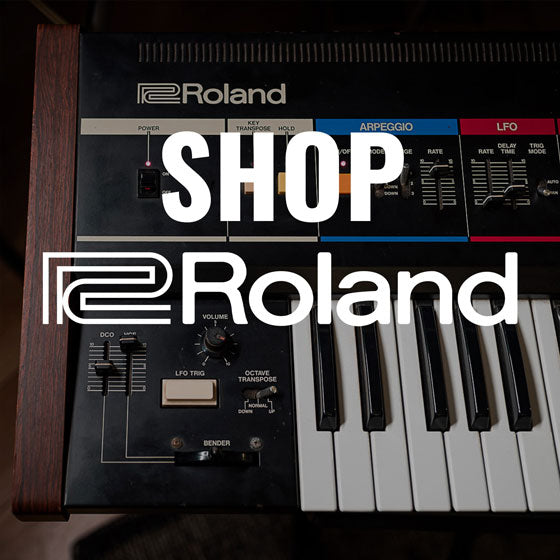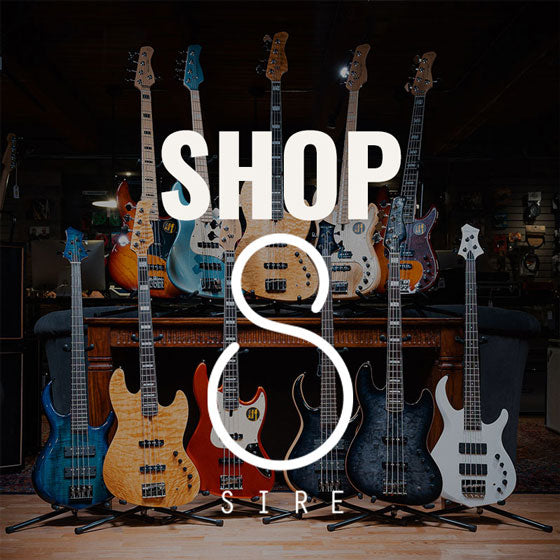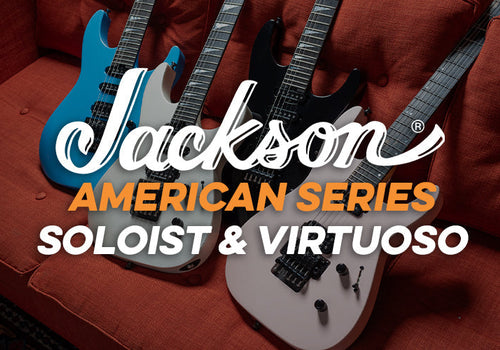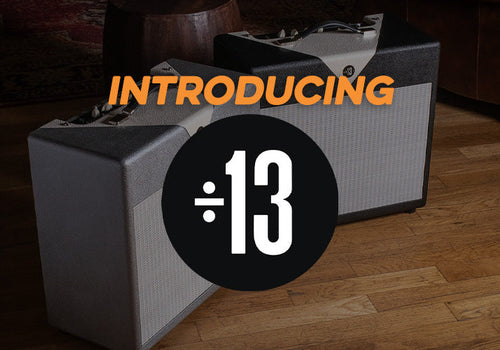INSIDE: BARTON DRUM CO.
“The world does not need another drum company....What the world does need is better drums.” - Todd Barton LaBrie, Founder, Barton Drum Co.
“Made In America” has become synonymous with quality as over the years more and more things are being outsourced for manufacturing in China, India, Vietnam, and all over Asia. But unlike other drum companies Barton wears its “Made In China” tag like a badge of honor, and they should, offering meticulously crafted hardwood drums at affordable prices. Barton and their value-driven portfolio of kits, shells, and snares are quickly becoming a go-to, no-nonsense choice for working drummers and that’s just how Todd Barton LaBrie likes it.
Todd doesn’t varnish his opinion, and with decades of experience as a drummer and drum restorer he has a lot of them, but when you’re looking for a high-quality drum kit in an age where countless manufacturers are doing everything they can to stand out, where do you start? How about with the guy who wants nothing more than to cut through all the bullshit and sell you a good set of drums? That’s what Todd LaBrie wants.

What is Barton?
Barton is a drum company that was created to offer drummers quality-sounding drums and drum sets priced at what working musicians can actually afford. Our main focus is to offer reasonably priced, realistically appointed drums. No imaginary, unnecessary features or claims. No egos involved. Just great-looking, great-sounding drums.
Who is Barton?
Barton was founded by Todd Barton LaBrie, along with his partner Kevin Chou who resides and runs our drum manufacturing facility in Tianjin, China.
Our Chinese factory name literally translates into "The Barton Tianjin Musical Instrument Co. Ltd.” Not too many Americans can say they own their own drum factory, and even fewer have one named after them. I personally designed all of the builds, as well as directed the design of all of the machines, fixtures and equipment.

Almost every drum manufacturer today relies heavily on Asian outsourcing and imports—either for parts, or all of their drums and drum hardware. Nearly all American drum companies would be forced to cease production if they lost their Taiwan or Chinese hardware.
We’ve seen in some drum forums, chat rooms, and even posts we've run across on Instagram that many people still think that Barton outsources its production to some other factory when in fact the American Barton Corporation shares in the profits of all of the production, including the drums our factory produces and sells in Asia.

How did you get started building drums?
Like most people, I started as just a lover of drums and a drummer myself. When eBay was just beginning, I used to buy old Ludwig kits, edge them, repair them, play them and then sell them. This hobby turned into a small business where I was buying and selling a few kits a month. In 2000 I was living in NYC and traveled to Shanghai for a holiday. The World Trade Center attacks happened while I was there and I got stuck in China for several weeks.
This is where my fascination with the sheer power of the Chinese workforce and free market came from. I didn’t know then what I’d manufacture there, I only I knew someday I would do something.
When and how did Barton begin?
It began with my perpetual search for a cool-looking, great-sounding, affordably priced drum kit. An all around instrument that was priced the way it should be. So a drummer isn't afraid to beat ‘em and take ‘em out to any gig.
I was constantly trying to find the best middle ground but could not. For 20+ years I’d spent good money on expensive drums that were awful and un-tunable. I’d also owned vintage, "beat to shit" drum kits that sounded great. I always knew it wasn’t rocket science and probably the problems of bad-sounding drums originated with companies that were in fact run by marketers, consultants and money guys—NOT DRUMMERS.
One day I walked into Sam Ash in Canoga Park, CA and played a vintage burgundy Tama Silverstar. It looked pretty cool and the hardware kind of reminded me of Ultraman…Very Japanese, and very cool looking. I told the sales guy to bring me some Remo drumheads to put on the drums. I told him that if I liked the way they sounded, I would buy them. I recall them costing something like $549.
After he brought out some Remo drumheads, I put them on and we were both astonished how much better the drums sounded. I even remember him saying, “These are the best sounding drums I’ve heard in here in a long time.” And I think he meant it. They did sound great. Much better than the Tamas I’d owned back in the 80’s.
At that time, I too was misinformed about the realities of wood varieties, useless features and false advertising. I asked him, “Why don’t they just make these from Maple?” He said to me, “Oh, well, then they’d be much more expensive…” And the truth is? There is no truth to this. Yes, they might cost slightly more to make, but it’s not enough to make them jump up from $549, to $1500—let alone to $3,500. It might cost $40 more in wood—if that.
I sensed right then that all this was all "a crock" and thought to myself, “If someone would just make a cool-looking, knock-off 'stencil kit’—like the ones from the 1960’s but use good wood—I bet people would love them.”
So I did it, and it worked. But unlike the 60’s Japanese kits— the terribly constructed, cheap luan shells with horrible bearing edges—I knew that a “knock-off” concept using better wood would sound every bit as good as any drum kit ever made. Little did I know that these drums would sound better than most.
Also, at the beginning, when I traveled to China and started setting up our factory I saw lots and lots of drums, particularly parts in bins of every imaginable brand of hardware. At steel factories I saw literally thousands of pedals and hi-hat stands on conveyor belts. It was then that I thought to myself, "The world does not need another drum company.” I meant it then, and I still do. What the world does need is better drums at prices that reflect the product

What inspired you to begin and what inspires you continue?
Musicians are some of the lowest earners in our society. And they are marketed to like they’re stupid. Many people buy gear to fill a void from a life of struggle. I only want to help drummers get what they need for their money. It doesn’t always work as well as I’d hoped.
Some people don’t feel good unless they're buying a dream. I try and teach people the realities about the musical instrument industry: what I know as a drummer since 1972, what I continue to learn, and what I hear from others I know at other companies.
Basically the musical instrument industry is about profit. There is truly no great need to reinvent the wheel. Nothing new has actually ever occurred with the design of the drum. It’s just perceived. Just look at a company like A&F drums. They make faithful, beautiful, antique-styled drums. The opposite of what anyone would’ve touched 30 years ago. Soon they’ll be using rope to hold heads on. So if this is good now, how on earth were vertical-grain, suspended, virgin drums ever desirable? Same thing, different package. No need to write any description, right?
Also, drums are not a difficult business to get into, otherwise there wouldn’t be so many "drum companies.” Anyone with a PayPal account can buy maple shells, a badge and a router.

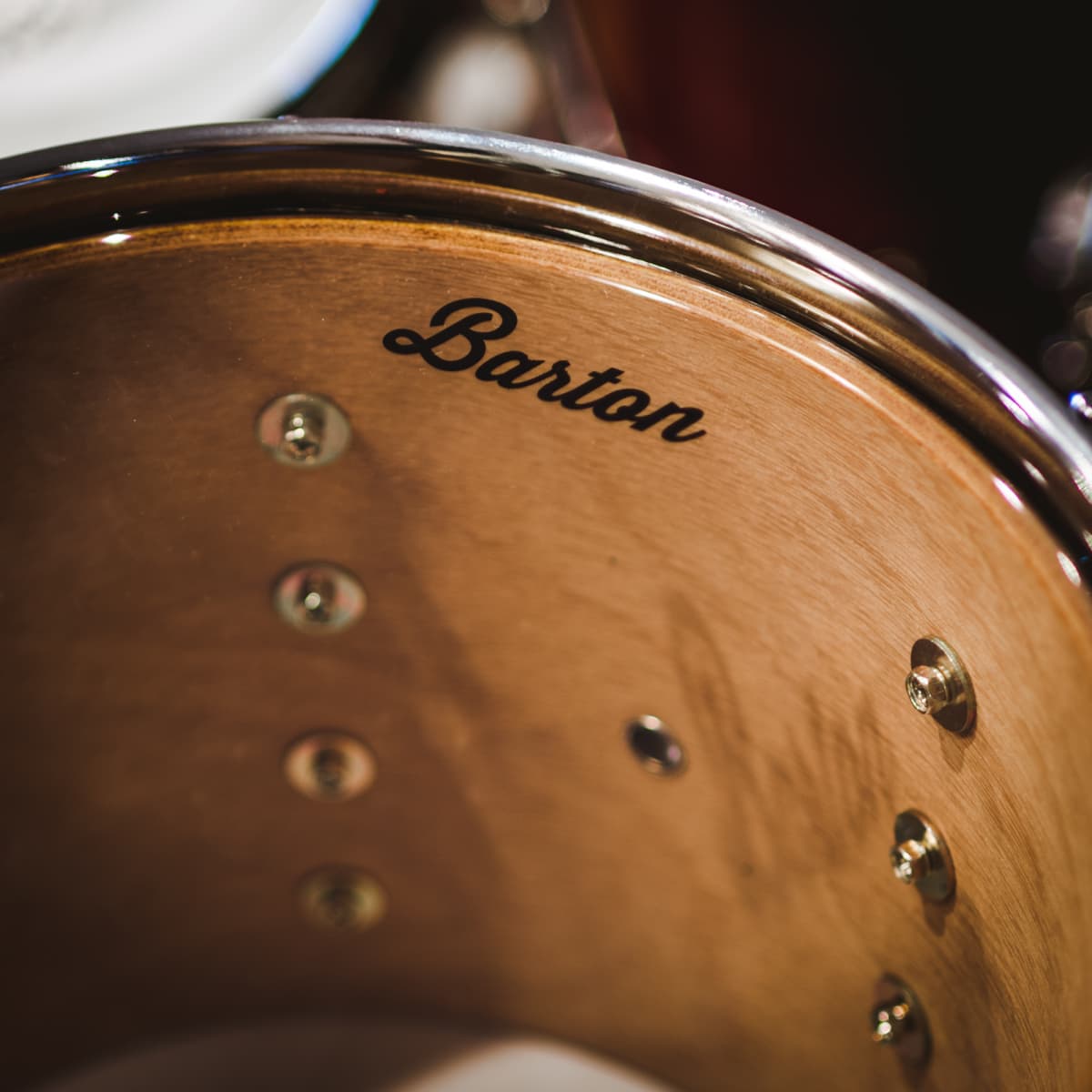

How is a Barton drum constructed from start to finish?
We start with a modern manufacturing facility. This means state of the art shell molds, automatic computerized drills, CNC machines, sanders and industrial routers. Part of the process is certainly done by machine when it needs to be (you can’t make a decent drum shell with a yoga ball and a wooden frame). The selection of wood plies, the perfect flatting of edges, cutting of bearing edges, painting, and PVC wrapping is all done by hand.
What components, designs, materials, techniques etc. make Barton drums unique?
Like I said before, there are enough drums already made to go around. We just hate "millionaire price tags” and “work-of-art" assertions attached to something that in reality should be a simple, fun, practical product. We wanted to make drums you could drag onto a stage and hit with a stick and not feel like you had to worry about hurting them.


We recreate a classic-medium thick shell drum (usually 6mm for toms and 7-8 for Bass drums and 8-9 for snare drum) and give them a great, classic look with no-nonsense, quality parts.
I’ve never been a fan of super-thin drum shells. I do think they sound great “near field,” but unless they’re mic’d the sound sags out front. I know this from experience. These always seem to be popular with people that don’t play with any real volume. I like to play loud and hit my drums hard. I need the right combination of resonance and projection.
I’ve also never been a fan of drums that look like "coffee tables" or that are "too delicate" to take anywhere. In my younger days I was a gigging drummer. When I played in NYC, I was lucky if I got to play my own drums.
So a Barton drum is a basic drum kit. One that a working musician can easily afford and one that sounds excellent. At its core, it’s all business. There are some others out there that are similar, but nothing comes as close. The others deliberately short-change you somewhere in order to keep their higher-priced kits more appealing.
I don’t know about anyone else but I like useful things, not collectible heirlooms or labels, and never “self-proclaimed” treasures—unless it’s a painting, a watch or a gun.
How long does it take to make a Barton drum from start to finish?
For us it’s pretty fast. Any properly equipped company can make drums at a fairly good pace. It should be this way or you’re doing something wrong. When I hear about someone making a snare drum and it taking a month, I’m like, “Who’d buy that? Don’t they know?” I once wanted to use a “term" for a line of drums we were planning. Some “drum company” contacted me and said I was using their name. The guy built like one snare drum in a year. I didn’t really care about this, but I didn’t want to deal with him and his twenty friends whining on social media about it.
When we first began building, we had one worker and one painter. They made 150 drum kits in about 6 weeks. Quality control, hand-polishing the lugs (after they’re delivered), checking finishes and general QC takes the most time. This is where we add the most production time. The majority of building a drum is quick. A few minutes to make each shell. A few minutes to paint one and the same to edge it. The rest is automated. We’ve slowed it down a bit, but that’s only to make sure we don’t scratch anything.
What inspires your creative process? (What ideas and/or principles guide your design and construction?)
Anger. No, just kidding. But it is frustrating to see something I love so much taken completely out of reality and marketed so foolishly. In short: simplicity guides our design and value guides our construction. Idealistically, I’d like to think people that will appreciate that I spent a family fortune on building a drum factory so struggling musicians and poor kids could play great drums.
What is the spirit of Barton?
Service and honesty for drummers.
What is Barton’s mission?
To make drums for people that play in a band—with real people.
Where does Barton go from here?
We are hoping to get into more stores. We are finalizing new designs for hardware and some new lines of drums that will feature single row lugs and stain finishes.
Is there anything else you’d like for our customers to know about Barton?
We’re here for you when you’re ready to make the switch.
Barton Drums are the real deal. After reading all that, you’ve got to know it to be true. We don’t recommend dragging them around and beating them, but we do recommend picking up a set if you’re in the market for a durable, road-ready kit with excellent projection and an incredible, MIJ-inspired vintage finish.
Cut through all the noise and shop Todd and Barton’s wonderful selection of maple, beech, mahogany, exotic, and hybrid drums right here.
SHOP BARTON DRUM CO.
Related Posts
Suhr Custom | 2025 Suhr Custom Gear at Chicago Music Exchange!
With over 40 years of experience crafting custom guitars, amplifiers, and pedals, John Suhr and his team at Suhr Guitars have become legends in the world of high-performance instruments. Chicago...
Read moreJackson | American Series Guitars
Built by some of the same Jackson Guitars craftsmen who’ve been there since the beginning, the new Jackson American Series Soloist and Virtuoso models represent the brand’s first made-in-Corona flagship...
Read moreIntroducing | Divided By 13 Amplifiers
Shop Divided By 13 Amplifiers now at Chicago Music Exchange! Crafted in collaboration with Two-Rock Amplification, these boutique amps blend classic American and British voicings with modern innovation for studio-quality...
Read more

